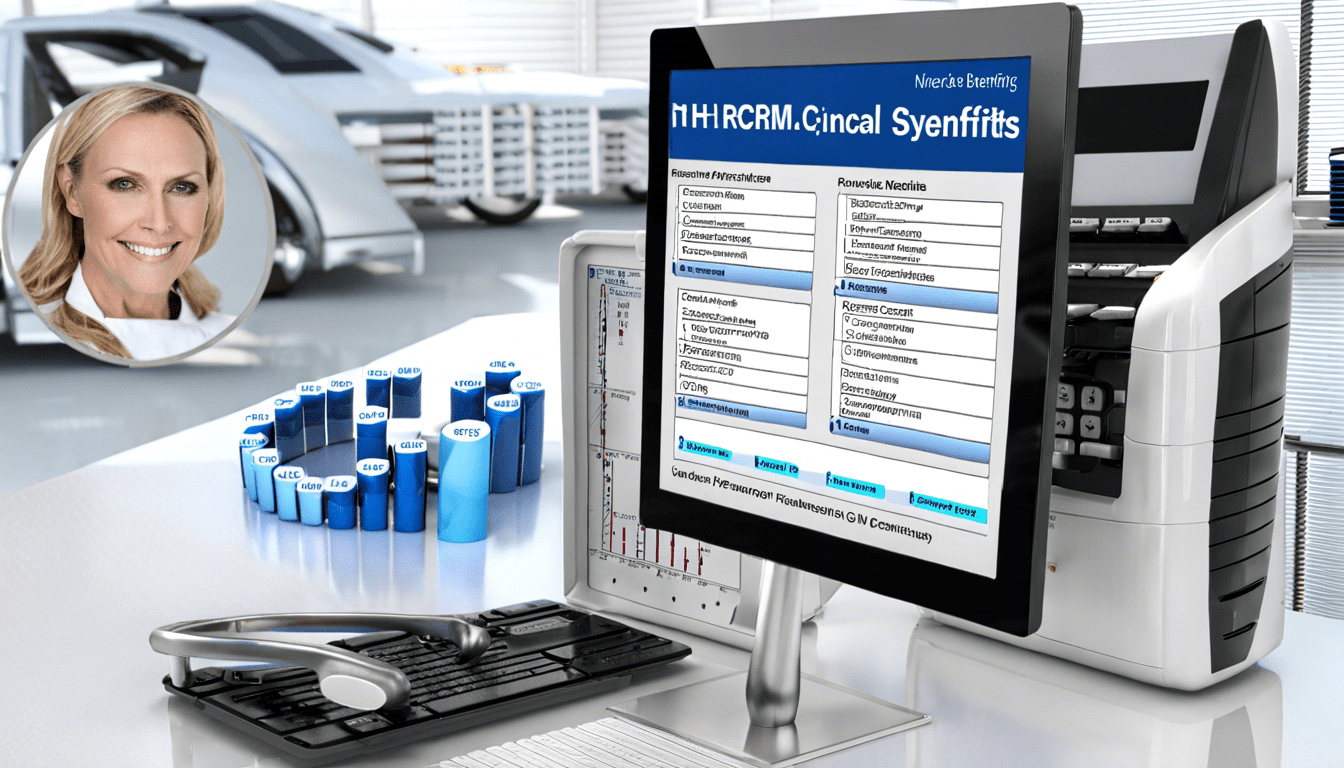Seamlessly manage claims, authorizations, and credentialing with DENmaar’s zero-cost medical billing software. Designed for multi-disciplinary practices looking to simplify operations and maximize revenue.
- Zero Software Fees – Grow your practice without costly subscriptions
- Integrated RCM & Credentialing – Clean claims, faster payments, automated workflows
- Built for Behavioral Health – Therapy, Psychiatry, SUD, IOP/PHP, CBHC & more



































